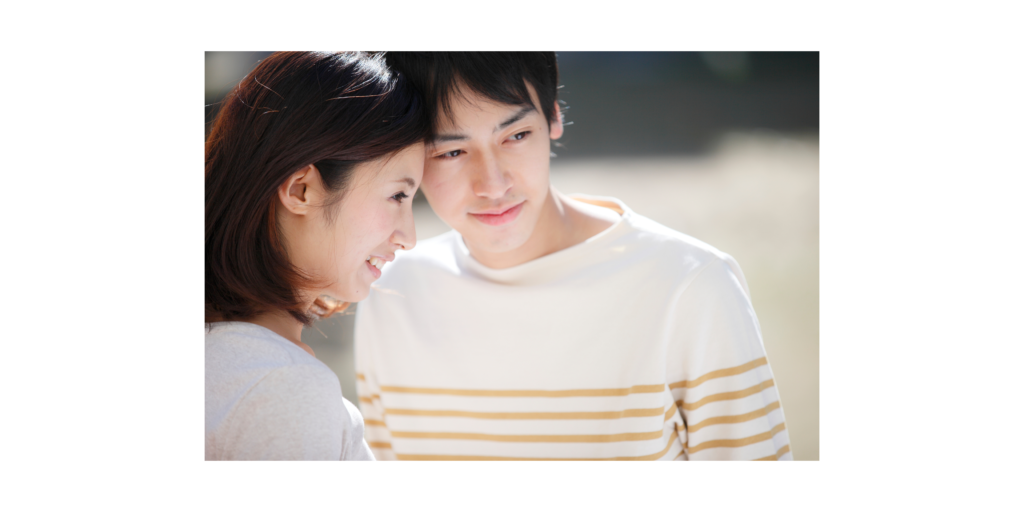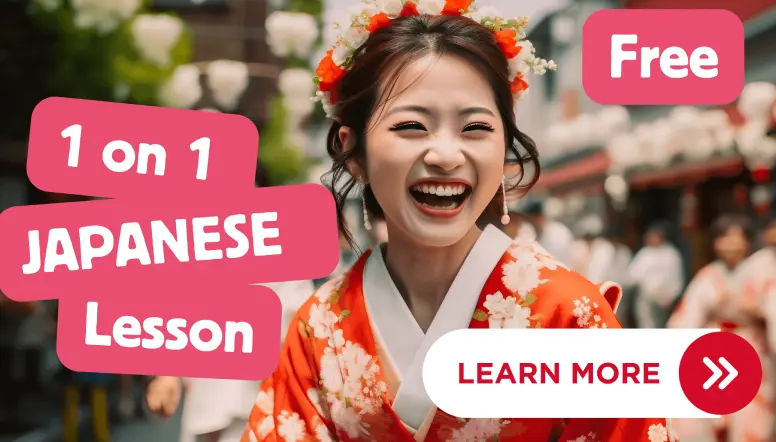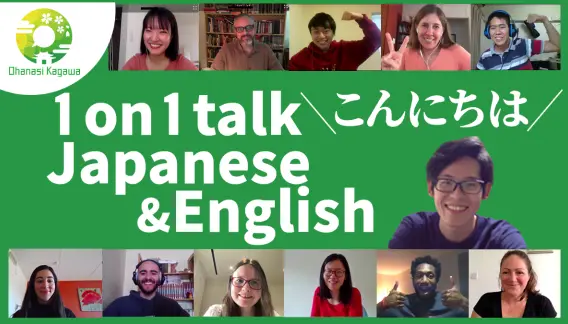
Do you have some Japanese friends? If you do, I believe that today’s topic is useful when you talk with them !!

Hi!! I’m Satomi in Ohanasi Japanese Language School.
Today, I’ll teach you about what Japanese people feel is important in the conversation.
Do you listen attentively to what your friends saying?
I wonder if you listen attentively when you talk with your friends. You might think, “Of course, I always listen attentively.”
Do you know that there are 2 kinds of words for “listen” in Japanese? They are “聞く” and “聴く”. I think you can communicate better with Japanese people if you understand the difference in their meanings.

【聞】and【聴】
First, there are 【門】and【耳】in the Kanji of 【聞】. On the other hand, there are 【耳】,【目】,and【心】in 【聴】, right? The difference between 【聞】and 【聴】is whether if there are 【目】【心】.(【目】means “eyes”.【心】means “heart”)
In other words, 【聴く】means “listening with your eyes and heart”. It’s interesting, isn’t it?

Do you know the word 【傾聴(けいちょう)】? For Japanese people it is very important.
What does “listening with your eyes and heart” mean? People say, it’s important to listen attentively to others when you talk with others.(It means 【傾聴】). What’s 【傾聴】?
The Kanji 【傾】in 【傾聴】is called 「かたむける」.「かたむける」means “to focus on certain things” too. That’s why, 【傾聴】means “listening to what the other person is saying mindfully”. The purpose of 【傾聴】is to understand the other person well while focusing on what he/she wants to say . You can make better relationships not only in special situations, but in daily situations, if you can do 【傾聴】. For this reason, many Japanese people are learning 【傾聴】.

I’ll teach you 5 points of 【傾聴】 that you can use easily from today in the next blog^^







